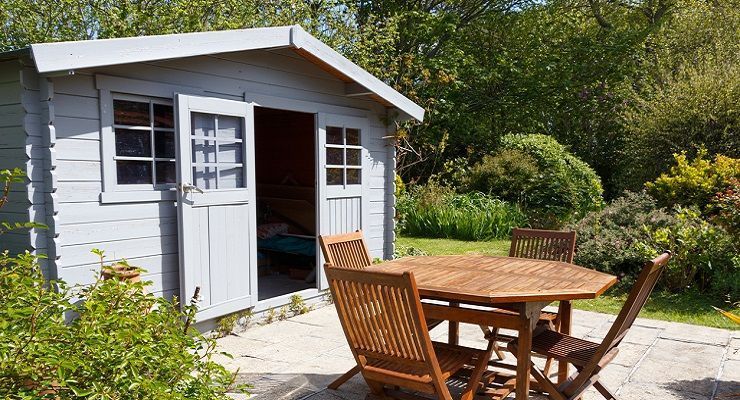
Just hours before traditional Christmas services were set to begin, the Ninth Circuit Court of Appeals in Pasadena on Thursday again ruled against a local church that claims its First Amendment rights are being violated by the state’s restrictions on indoor gatherings as a way to reduce the spread of COVID-19.
Attorneys for Pasadena’s Harvest Rock Church have repeatedly compared a U.S. Supreme Court opinion allowing churches in New York to reopen to their case, claiming the High Court ruling is a precedent that must be applied to California churches.
On Monday, U.S. District Judge Jesus Bernal, who was forced to consider the case again after the Supreme Court remanded it back to his court, ruled against the church for a second time, affirming his original order, which bars indoor worship services put in place to stop the spread of the virus.
Bernal also pointed out the church has not been forthright in its depiction of the governor’s order.
“Plaintiffs paint a stark picture,” Bernal’s latest ruling begins. “They claim that Tier 1 (the top category among three tiers gauging the severity of the state’s coronavirus pandemic) ‘totally prohibit[s] religious worship services of any kind and any number.’” Bernal states.
“This is not true. The First Amendment has not taken a sabbatical. Californians may still worship, attend services, pray, and otherwise exercise their religious freedoms. They just may not do so in ways that significantly increase the likelihood of transmission of a virus that has claimed more than 300,000 American lives in less than one year. The Constitution is not a suicide pact. The First Amendment may not be used to make it one,” Bernals stated.
Bernal’s ruling was upheld 2-1 across party lines by the Ninth Circuit, with two appointees of former President Barack Obama ruling against the church, and an appointee of former President Ronald Reagan ruling in its favor.
The virus has filled Huntington Hospital’s intensive care unit and forced officials there to set up triage tents for patients suffering non-life-threatening emergencies.
As of Sunday, the hospital reported 32 COVID-19 patients were being treated in the facility’s intensive care unit. A total of 177 patients are battling the virus at the hospital, which has more than 600 beds.
Bernal also illustrated the differences between the New York case and the California order.
New York Gov. Andrew Cuomo’s order sets “very severe restrictions” on religious services in areas classified as “red” or “orange” zones, Bernal explained.
In holding that the New York orders were entitled to strict scrutiny, or extra attention paid to constitutional issues, the Supreme Court noted that New York’s regulations “cannot be viewed as neutral because they single out houses of worship for especially harsh treatment.”
This harsh treatment occurred in both red and orange zones.
In red zones, businesses like “acupuncture facilities, campgrounds, garages . . . all plants manufacturing chemicals and microelectronics and all transportation facilities” could admit as many people as they wished, while religious organizations were numerically capped at 10. In orange zones, attendance was capped at 25.
The New York ruling made no exceptions for outdoor religious services.
The High Court majority also found that the stringent guidelines in the New York case were “severe” and “inflexible,” and did not apply to retail stores in the same neighborhoods.
But California Gov. Gavin Newsom’s order applies its guidelines far more equitably, Bernal noted.
An unlimited number of people can attend outdoor services, and comparable businesses, including theaters and restaurants, also originally faced no outdoor limits, although restaurants are now banned from conducting any business except for filling pickup and delivery orders.
Harvest Rock members have been meeting indoors for months, which is a violation of the state’s order
The church has requested numerous emergency injunctions that would have allowed the congregation to meet while the case advanced, but the motions were denied in every instance.
On Dec. 3, the Supreme Court vacated Bernal’s original order involving the emergency petition of the churches and directed the district court to reconsider it in light of the High Court’s previous ruling granting an injunction for churches and synagogues in New York.
When the case went back to the lower court, church lawyers filed a motion and notice that no hearing was necessary. The district court held a 10-minute hearing and allowed the state to submit a brief defending the health order, which led to a Monday hearing in which Bernal ruled against the church for the second time.
“The state has a compelling interest in curbing the spread of what is now the world’s deadliest infectious disease,” Bernal said. “This is why it is safer for individuals to be farther apart as opposed to closer together. This is why outdoor gatherings are safer than indoor gatherings. This is why singing and shouting, which expel more viral droplets, are riskier activities than sitting silently.”














 0 comments
0 comments


